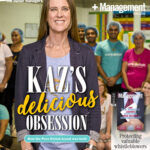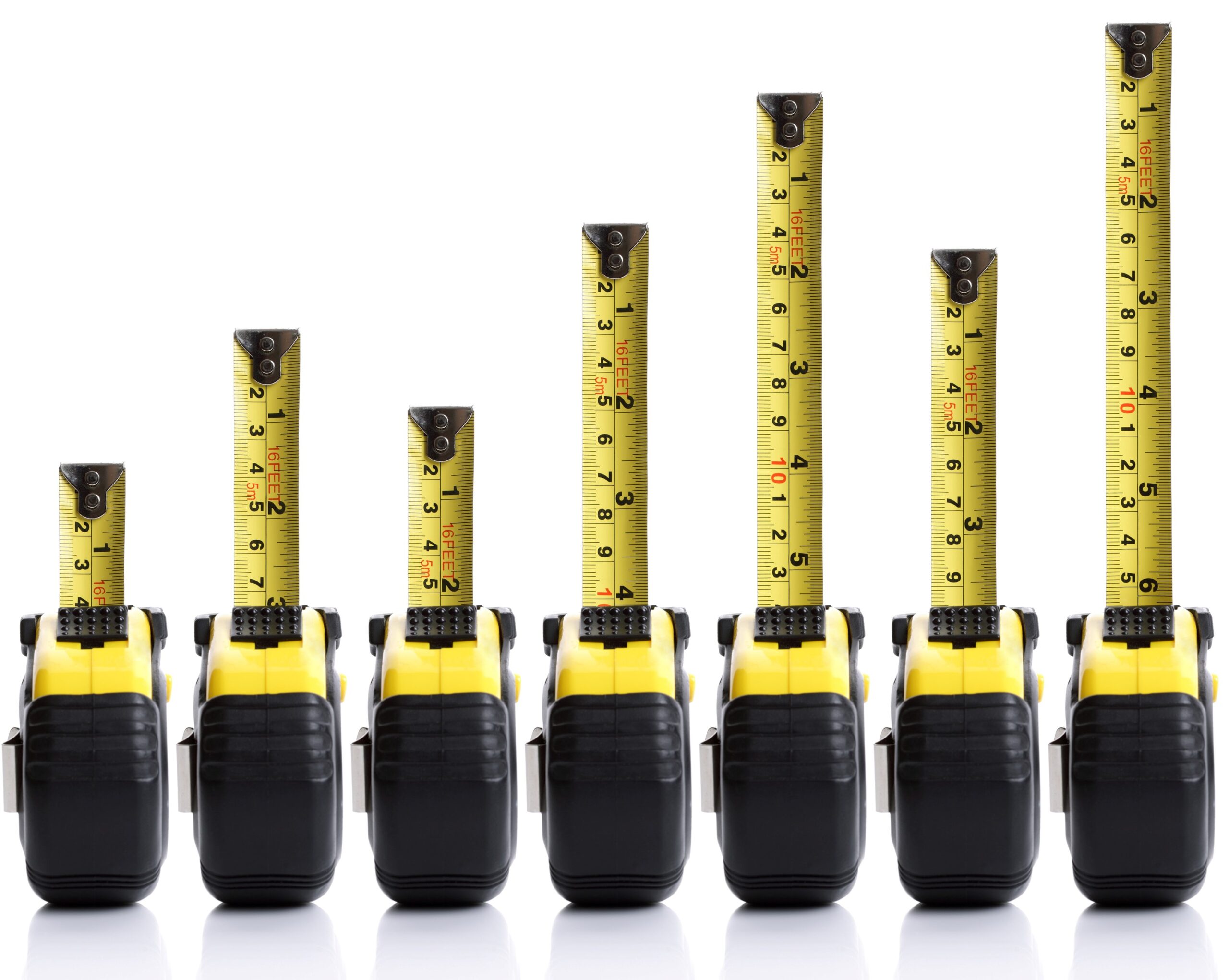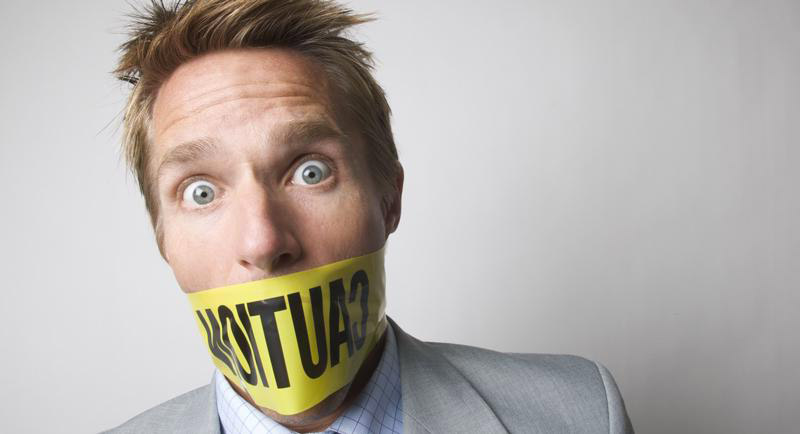No business ever drives itself
Any founder business is like a bespoke sports car, say Marisa Fong and Galia Barhava-Monteith…
Any founder business is like a bespoke sports car, say Marisa Fong and Galia Barhava-Monteith. If the founder’s focus is elsewhere, that sports car can stall.
As business consultants and mentors, the most common thing we are told when we meet business owners for the first time, is that the better part of their business simply ‘runs itself’. They would prefer to focus on developing the latest ‘shiny new things’ and they would like our help to do it.
In saying the ‘better part’ of their business, we’re referring to its origins – the product or service the business was founded on; the most established part of the business, with the best systems and processes; the area that brings in the most cash and has the longest serving staff.
In essence, it’s what the business was built on; it represents the true heart of the organisation.
It’s not uncommon for business founders to use this part of their company as a ‘cash cow’ to fund fresh ventures and those shiny new things.
What’s more, their attention is diverted away from core business, in the hope that their influence there is no longer required, freeing them up to hunt for ‘the new and the exciting’.
On the surface, it can certainly appear to business owners that the place is ready to run itself. The staff know the systems, products and services. They’re more than capable of keeping the home fires burning while the profits continue to roll in, seemingly without a hitch.
Unfortunately, this is never the case.
The founder’s vision, insight and leadership are still vital and absolutely required for the sustainability of their business.
As mentors and consultants, we often use metaphors and analogies to simplify complex managerial and strategic concepts.
To us, any founder business is like a bespoke sports car. The founder is the engineer who designed the car and, at first, is the best driver because they know the car best. They know the optimal conditions for the car, what parts need the most attention and where it should go.
Staff in this analogy help with the build, running and maintenance of the car. They are great at supporting the founder in making sure the car is in its optimum condition. But without the founder there, they may make decisions that are inconsistent with the founder’s vision.
They may think they are doing what is best for the business, but without being able to read the founder’s mind, they might make decisions that could prove detrimental.
Furthermore, every founder business has its idiosyncrasies because it is as unique as the founder is. Without the founder there, hands firmly on the wheel, steering the car in the right direction with the right conditions, what we all too commonly find is that the beautiful bespoke sports car starts to stall.
What we have observed is that in the beginning, when the founder steps away, little things may start to happen which at first do not seem to have a big impact. But over a relatively short period of time they do have a cumulative effect, resulting in the deterioration of the business as a whole, including the financial health, and impacting on the emotional wellbeing and health of the founder.
This could look like the loss of a key customer, missed deliveries or deadlines, invoices not being issued on time.
It may be that key marketing initiatives are left unattended, cash is not being collected and an increase in staff turnover starts to emerge.
Find the co-driver
By now you might be starting to think, “if I have great systems and processes in place, situations like these simply shouldn’t happen.”
In our experience, very few businesses have a matrix that captures key priorities, so that senior staff can stay on course while the boss is distracted on other things.
Even fewer businesses have the discipline to monitor them regularly, identify big picture opportunities and foresee issues before they become too problematic. All because our business founders have taken their focus away from the ‘business that runs itself.’
The exception to all of the above is if the founder has truly put a good co-driver in place, ready to step-up to the driver’s position. This co-driver shares the vision, the discipline and the drive of the founder. They are truly across all areas of the business, exhibit the same values, have commercial acumen, as well as understand the industry and the environment in which it operates.
These people are hard to find and may not currently be in your business. Furthermore, even the right people will require a significant amount of the founder’s time as well as adequate salary and rewards.
Unfortunately, all too often we see founders take their focus elsewhere without that co-driver in place, resulting in the car stalling and eventually being sold for parts.
Our question to business founders is this:
Have you done enough to shore up the heart of your business before you start chasing new opportunities?
________
TBC Partners is a new business consultancy focused on what it believes are the genuine challenges facing entrepreneurial, founder-based organisations in New Zealand.
Co-owners Galia Barhava-Monteith and Marisa Fong bring enough credentials to the table to know. Fong co-founded New Zealand’s largest privately owned recruitment company, The Madison Group, before making a record sale for the business just 15 years later. Barhava-Monteith mixes academia with corporate consultancy, having worked strategically with big business. She has an MA Psychology First ClassHonours and is currently undertaking her PhD.
In the next article in this series they outline the concept of ‘the long interview’ – a different way to approach business succession.





